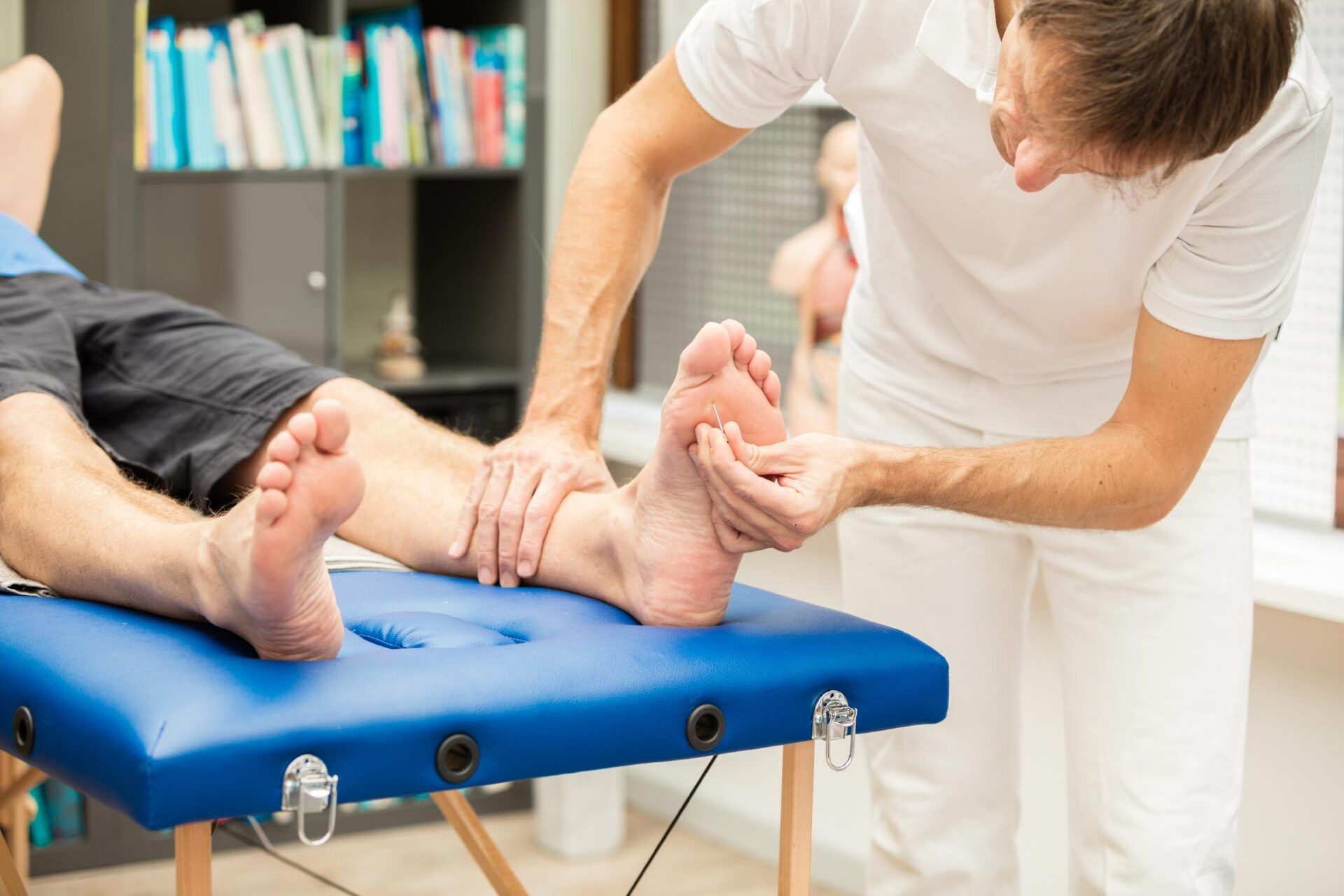Diabetic Foot Care Treatment
People with diabetes are much more likely to suffer nerve damage, circulation problems, and infections—all problems that directly affect the feet. The lack of feeling and poor blood flow caused by poor diabetes management can allow a small blister or wound to progress into a serious infection that could lead to amputation. Nerve damage—also called neuropathy—can cause skin to dry out and crack, which opens up another avenue for bacteria and fungi to enter the body.
Preventive Measures
To prevent diabetic complications, it’s important to take proactive rather than reactive. That means visiting your doctor regularly, exercising, and eating a healthy and balanced diet. It also means that you have to pay special attention to your feet by inspecting them regularly. Properly inspecting your feet should include the following:
- Searching for puncture wounds, bruises, redness, blisters, ulcers, cuts, and/or scratches
- Examine the bottoms of your feet and toes
- Thoroughly wash your feet with soap and warm water
- Use lotion to keep feet soft
- Trim toenails regularly
- Smooth out corns and calluses
Diabetic Foot Care Essentials
Wearing properly fitting shoes is crucial in keeping your feet healthy—a poor fitting shoe can lead to foot problems like corns, calluses or hammer toe. Walking shoes and athletic shoes are good for daily wear because they support your feet and allow them to “breathe.” Try to avoid wearing shoes that are made of vinyl or plastic, and shoes with pointed toes or high heels.
In addition to choosing proper footwear, you need to also consider the socks you are wearing. Make sure your socks are clean, padded and dry. Socks should be worn at all times—even if you’re wearing shoes—to protect against blisters and sores. People with diabetes should also avoid walking barefoot at all times because fungal and bacterial infections can spread very easily.
Complications
Properly managing your diabetes and protecting your feet can help avoid complications caused by infections. When infections go untreated and aren’t treated properly, you risk losing your foot altogether. When infections like gangrene begin to kill dead tissues, the only treatment available is surgery to remove the affected appendage.
Diabetes is a serious condition that—if improperly managed—can become potentially life-threatening. Contact our office for more details.

